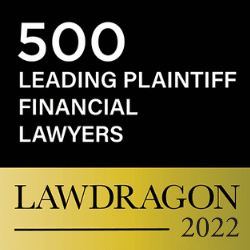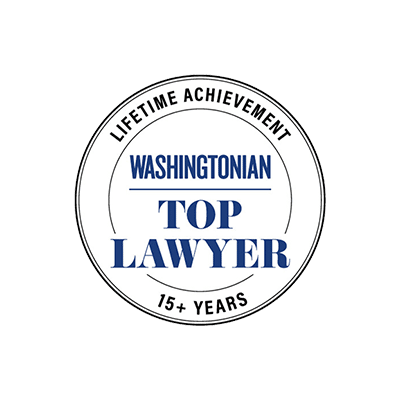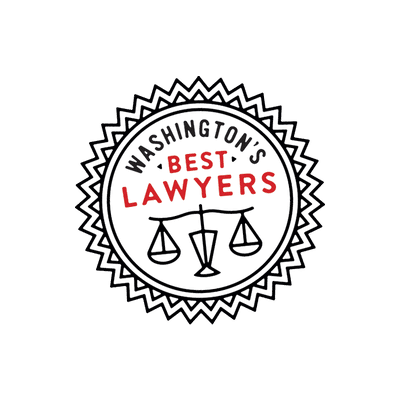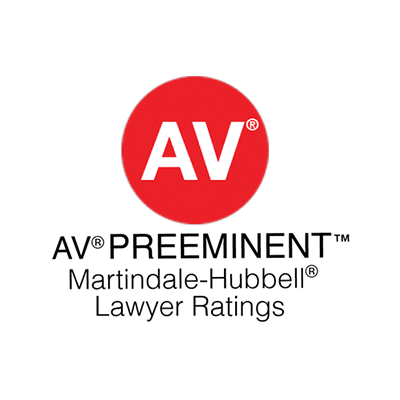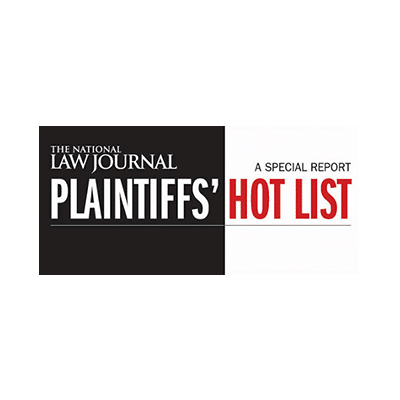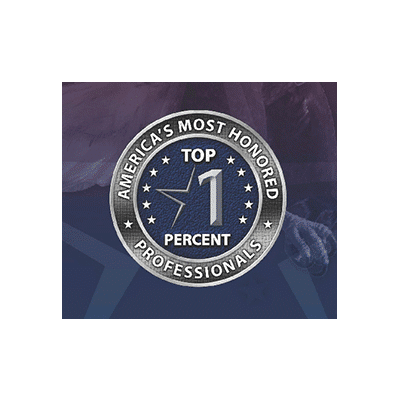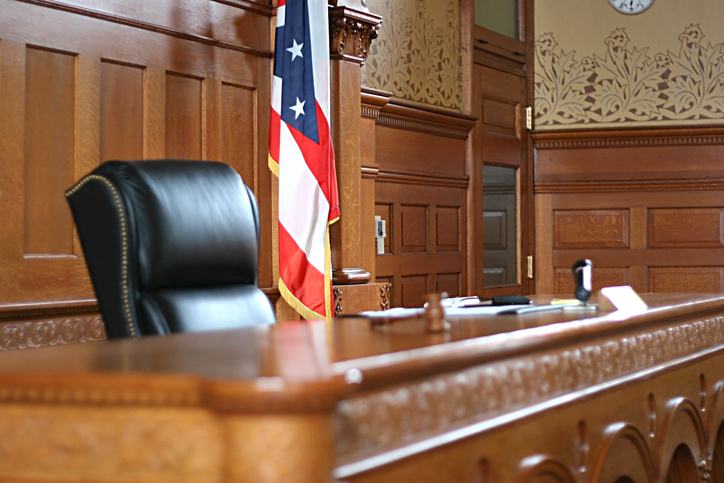If you’re seeking a pharmaceutical fraud whistleblower attorney, look no further than Kohn, Kohn and Colapinto. Our leading pharmaceutical fraud attorneys have skillfully advocated on behalf of pharmaceutical fraud whistleblowers and have achieved successful results in numerous cases. We can help whistleblowers report fraud and secure a whistleblower award under various laws, such as the federal False Claims Act (FCA), which covers fraud involving Medicare or Medicaid.
What is Pharmaceutical Fraud?
Pharmaceutical fraud occurs when a company or healthcare provider engages in an illegal act (or series of acts) that aims to increase profits by taking advantage of government programs, such as Medicare in Medicaid.
In 2023, the federal government spent approximately $839 billion on Medicare – 13.6% of total federal spending – which makes it a prime target for pharmaceutical fraud. Common types of frauds pharmaceutical companies engage in include the following:
- Kickbacks: Incentivizing healthcare providers to prescribe their drugs through cash or other forms of remuneration, potentially disregarding patient best interest or cost-effectiveness.
- Off-label Drug Marketing: Promoting their drugs for uses not approved by regulatory authorities.
- False Claims: Knowingly submitting fraudulent claims to government healthcare programs by overcharging or misrepresenting drug efficacy.
- Clinical Trials Manipulation: Falsifying or manipulating clinical trial data to gain FDA approval for potentially ineffective or unsafe drugs.
- 340 Drug Discount Program Fraud: Overcharging or withholding discounts from eligible healthcare facilities and patients under the 340B drug discount program.
- Compound Drug Fraud: Manipulating compounded drugs, often by using cheaper or diluted ingredients, to illicitly increase profits.
- Illegal Drug Switching: Pharmacists or pharmacy benefit managers changing prescribed medications without patient consent, typically for financial gain.
- Medicare Part D Fraud: Healthcare providers engaging in fraudulent billing practices specifically related to Medicare Part D, the prescription drug benefit program.
These are the most common types of fraud, although there are many other types that exist. Individuals with information of such illegal activity can bring a lawsuit against the pharmaceutical company on behalf of the U.S. government, using the FCA’s the qui tam provision. This provision provides the following:
- Open to All: you do not half to be a citizen of the United States to file a qui tam lawsuit. However, if you are located outside of the U.S. you must hire a U.S.-based attorney.
- Whistleblower Awards: also known as a “relators” share, whistleblowers are entitled to a share of the proceeds recovered in a successful FCA case, which ranges between 15% and 30% of the recovery.
- Protection Against Retaliation: under qui tam, employers are prohibited from retaliating against a whistleblower for reporting fraud or concerns to the government.
- Remedies: those who experience retaliation, such as demotion, harassment, or any other discrimination, can sue their employers in federal court and obtain double back pay, reinstatement, and other damages.
Whistleblowers are important in protecting patients from pharmaceutical fraud. Their information has led to countless lives being saved, and the False Claims Act is considered the single most effective tool for the government in stopping harmful practices and saving taxpayers millions of dollars.
A History of Winning for Pharmaceutical Whistleblowers
Kohn, Kohn & Colapinto has prevailed in record-breaking whistleblower cases, including against large pharmaceutical manufacturers. We represented Daniel Richardson, a former Senior District Business Manager for Bristol-Myers Squibb (BMS), who reported “off label” marketing and illegal kickbacks. Richardson was among a group of whistleblowers whose allegations against BMS helped the government recover over $515 million for taxpayers. We helped Richardson secure the largest qui tam relators share (award) out of the whistleblowers involved in the settlement who were company insiders.
In another notable case, Kohn, Kohn & Colapinto represented an anonymous Novartis whistleblower, whose information regarding illegal bribes helped lead to the Swiss pharmaceutical giant paying a fine of $300 million. The whistleblower came forward with information about violations of the Foreign Corrupt Practices Act (FCPA), another applicable law that allows whistleblowers to anonymously report bribery payments of publicly traded companies to the Securities and Exchange Commission (SEC) and potentially qualify for monetary awards.
Pharmaceutical Fraud Reporting Process
Given the complex nature of these cases, it’s highly recommended that you contact an FCA attorney who specializes in pharmaceutical fraud. They can help you not only understand the law and your rights, but also navigate the process to ensure your case is handled efficiently. And most importantly, they can advocate on your behalf and help you obtain the highest award possible. Below is the general process for filing a qui tam lawsuit:
- Evidence: once you’ve contacted an attorney, the next step is to gather evidence that will help support your claims. You don’t have to have substantial evidence, but enough to substantiate your claims.
- Filing: a private citizen (known as a “qui tam relator”) files a complaint with the court, which is initially filed under seal to protect the relator’s identity and allow the government to investigate.
- Investigation: The government has a set period (typically 60 days but can be extended) to investigate the allegations and decide whether to intervene in the lawsuit.
- Litigation: If the government intervenes, it will take over the litigation, but the relator may still participate. If the government declines to intervene, the relator can proceed with the lawsuit on their own.
- Award: If the government or relator succeeds in the lawsuit, the relator can receive a share of the recovered funds, which can potentially reach up to 30% in some cases.
Maintaining Confidentiality: Throughout the process, your case may remain under seal, which means that your identity is kept private. However, if the government decides to intervene (in other words, pursue your case) the case becomes unsealed, and your identity becomes known to the public.
However, some whistleblowers are increasingly filing Medicare fraud cases under the False Claims Act by forming a Limited Liability Company to further protect their identity when the complaint is unsealed.
It is important that whistleblowers consult with experienced counsel who understand the intricacies of the False Claims Act to learn what options are available to protect their identities to the fullest extent possible.
Contact Our Attorneys Today
Are you a pharmaceutical fraud whistleblower? Get in touch with our firm today for a free and confidential case evaluation. Our expert pharmaceutical fraud attorneys will help you understand your rights and the best legal course of action. In most cases, we don’t get paid unless we win your case. Your information is critical in rooting out fraud in the pharmaceutical industry. Act today before it’s too late!
Pharmaceutical Fraud Case Spotlight

Qui Tam Award to Whistleblowers: $50 Million
Daniel Richardson, a former Senior District Business Manager for Bristol-Myers Squibb (BMS), prevailed in one of the largest qui tam whistleblower cases filed against a major pharmaceutical company for “off label” marketing and illegal kickbacks.
Relevant FAQs
Latest News & Insights
Our pro bono team has helped lead the fight to pass amendments which would strengthen the False Claims Act (FCA).



